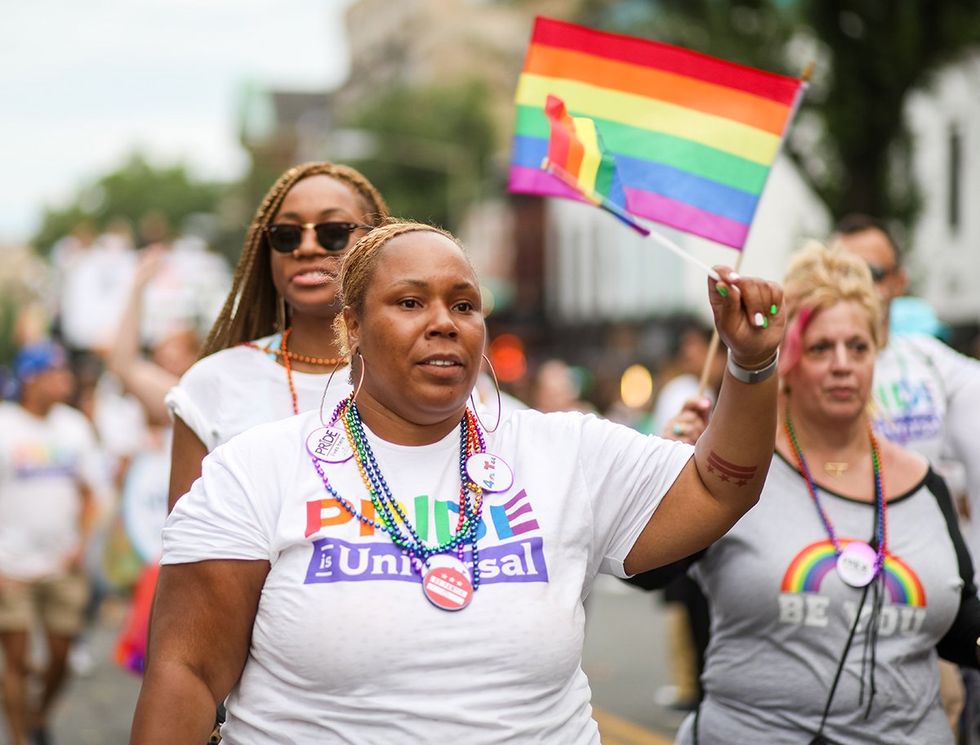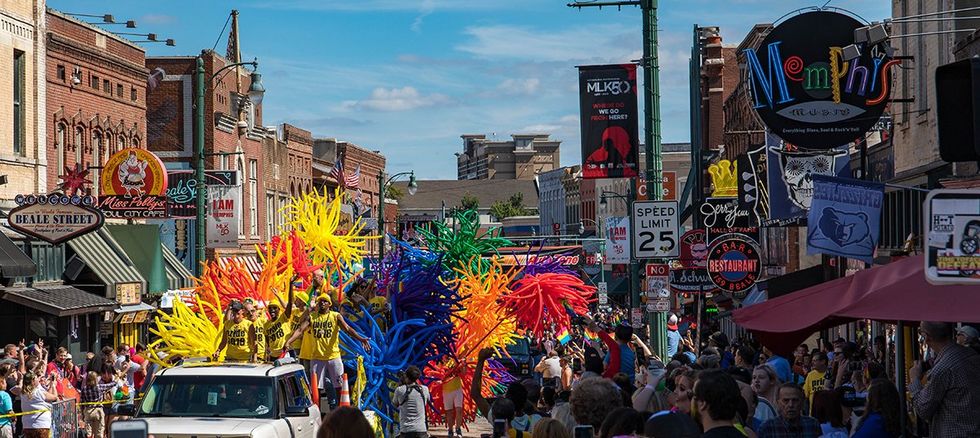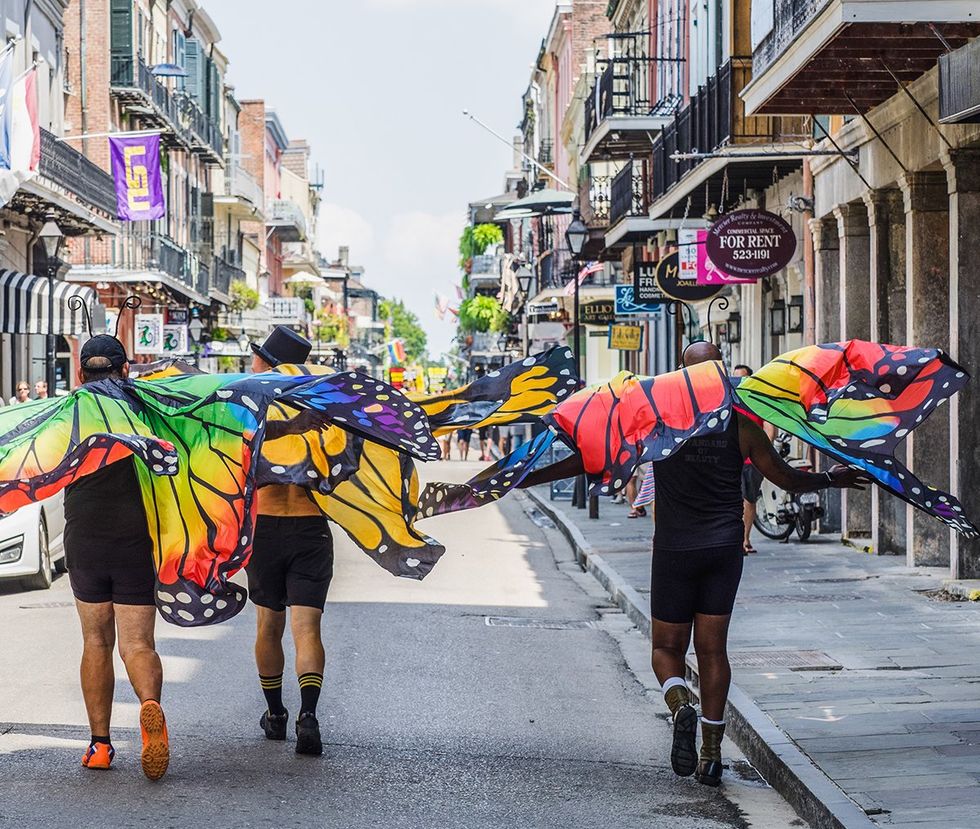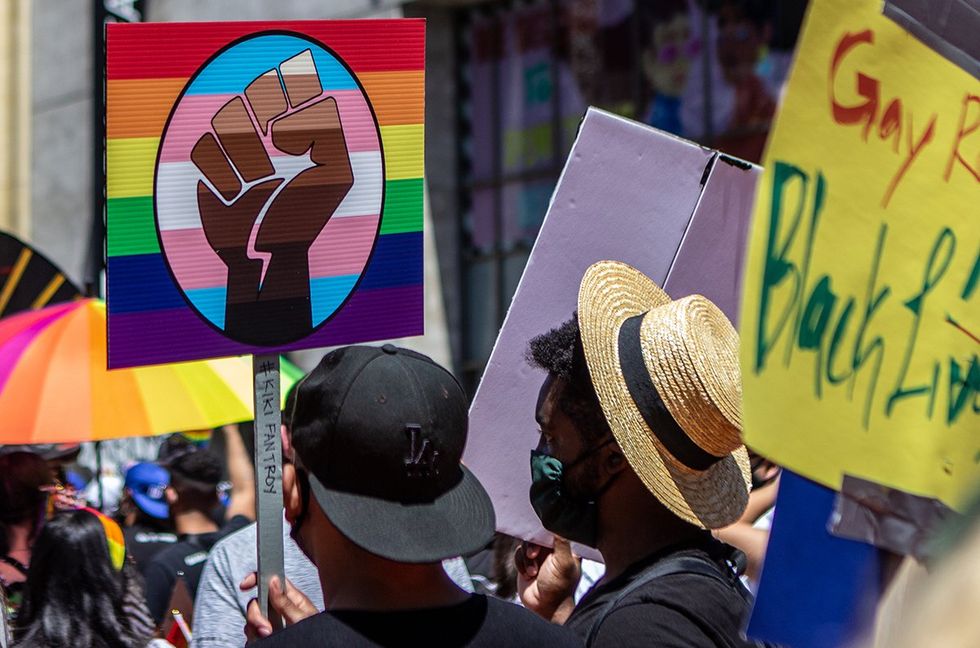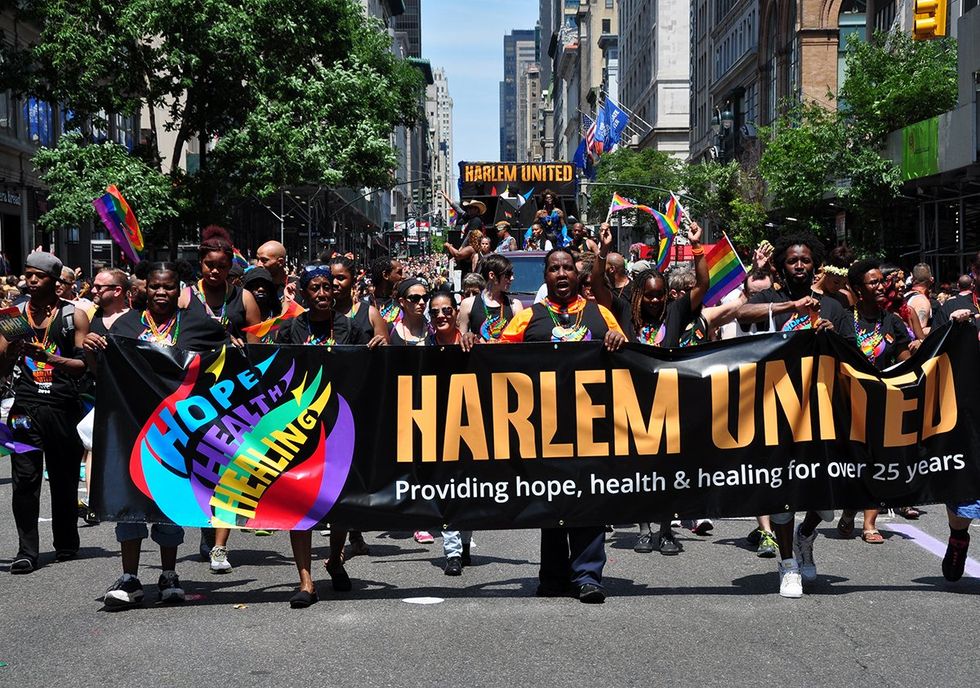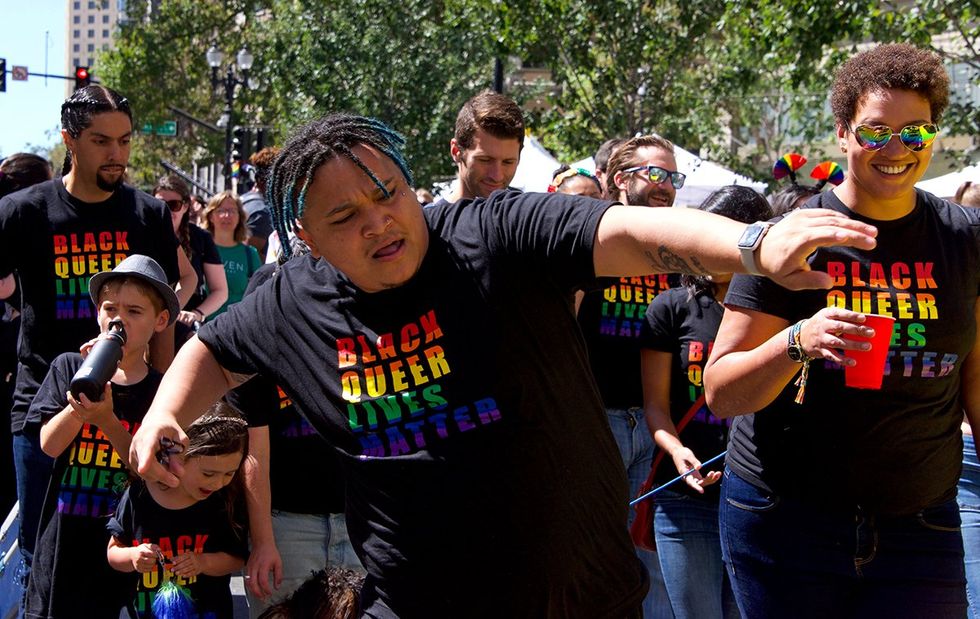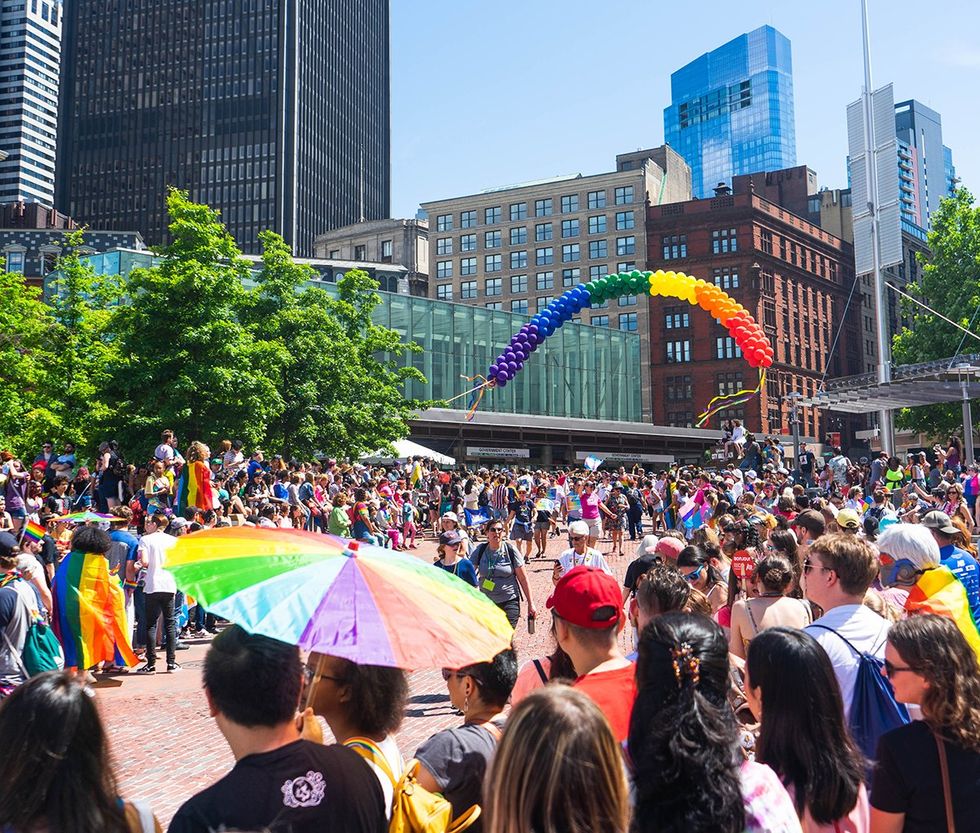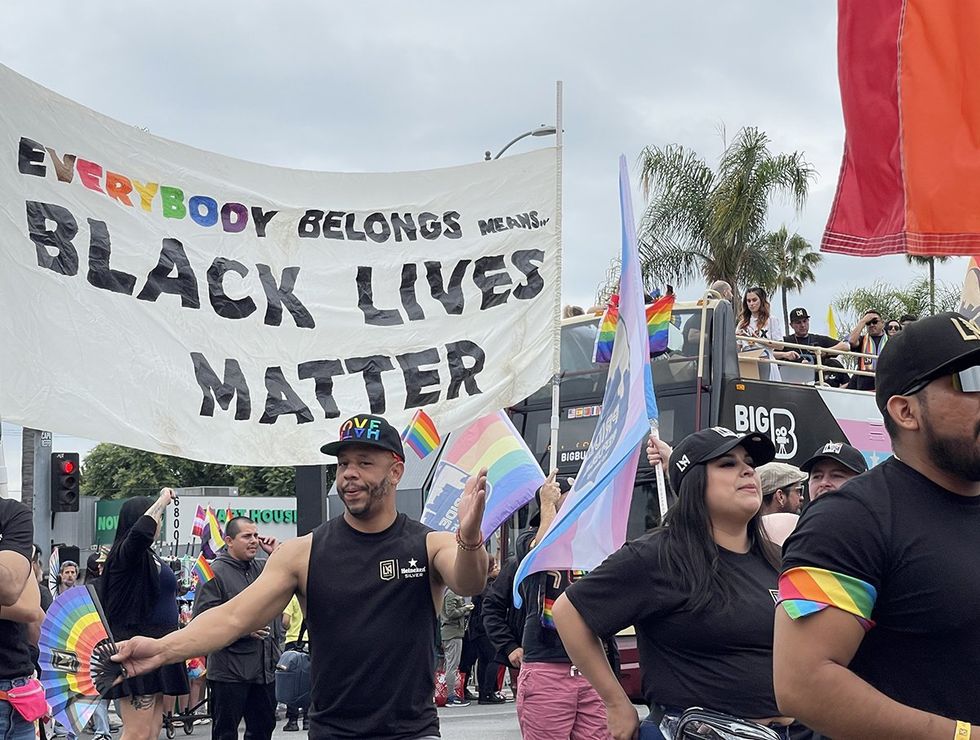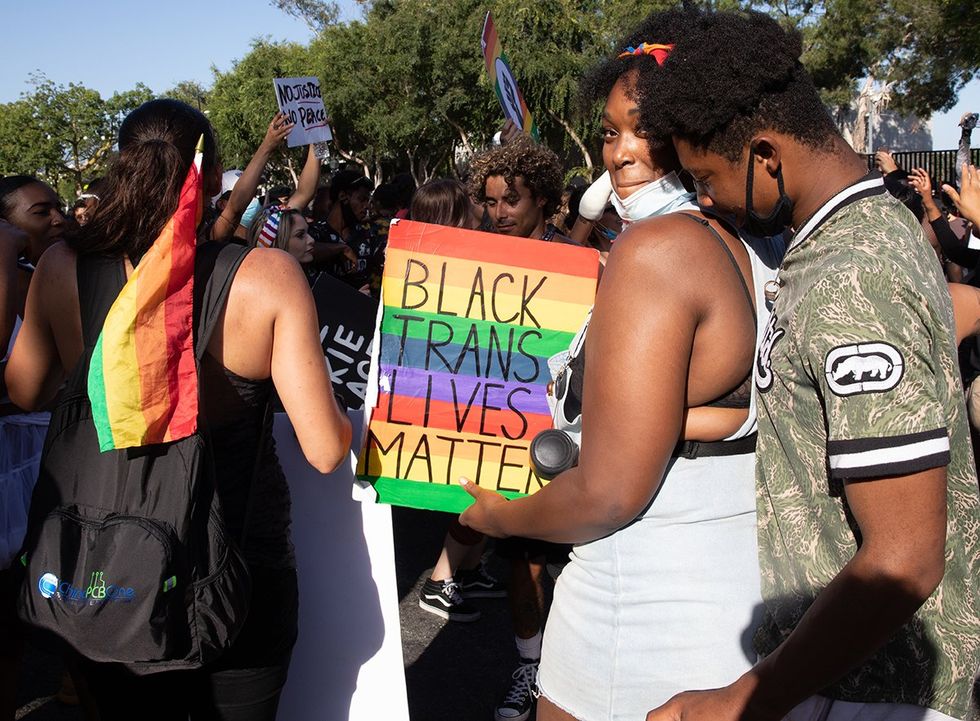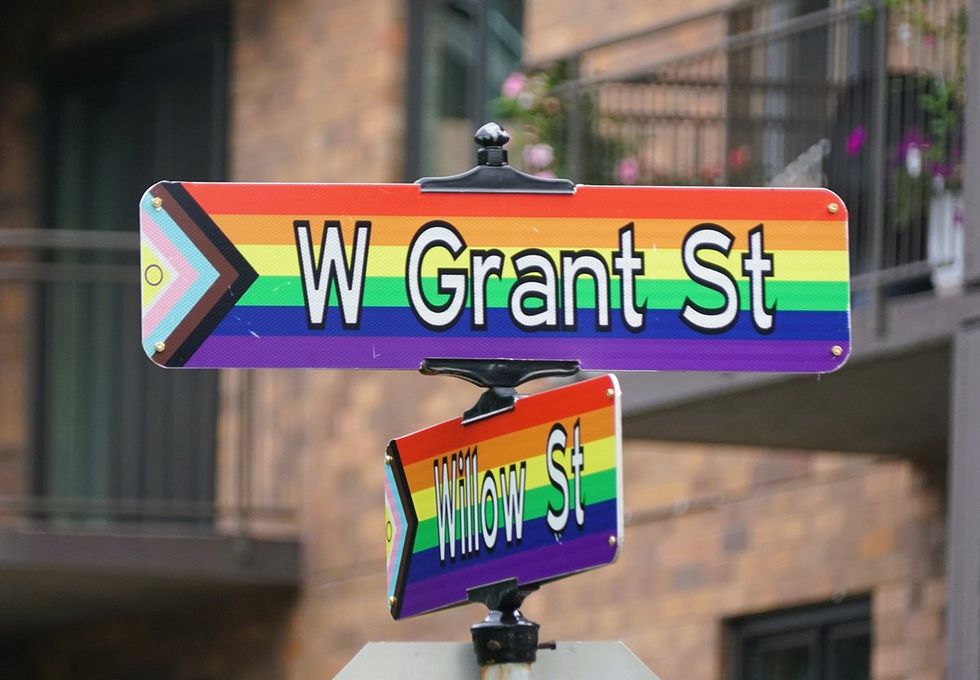Last week while lying in bed with Johanna, my partner, tried to get me to talk about how often I masturbate. Immediately, I became defensive. She persisted and I eventually came clean; I talked about how often I fantasize about people, watch porn, want sex, and masturbate. Mortified and terrified of her reaction, I couldn't make eye contact with her. But she seemed comfortable with everything I said.
She thought my behavior was pretty standard in comparison to the cis men she dated in the past. She told me the only difference between me and her cis exes was that I'm attracted to the same gender as well as gender-nonconforming people. According to her, I'm more open about my needs and desires than her (mostly straight) ex-boyfriends.
Even with her acceptance, I could not stop beating myself up. I told her I wasn’t always this way. I explained I used to be softer in bed and that visual stimulation wasn’t enough to get me turned on but now it is. I told her that masturbation was special and now it's part of my daily routine.
Before testosterone, I couldn't have one-night stands. But now I could hook up with guys without blinking an eye the next day. I told Jo that because of my relationship with sex, I felt like I was a depraved creep. I knew I objectified people regularly and therefore am a bad man. She disagreed and affirmed that my sexual appetite was normal.
I thought a lot about our conversation. Having someone push me into loving myself felt great. However, I realized I had bottled up a lot of shame around some of the changes I experienced in my transition from female to male.
I “pass as a cisgender male. Sometimes when I out myself people ask, “So, you want to become a woman!?” This is partially due to the lack of mainstream trans male visibility and my relationship with hormones. I’m shocked every time. But I'm also confused because it all happened so quickly.
I have been on testosterone for more than three years and I had top surgery a year and nine months ago. For the first year and a half of hormone therapy, I was used to people misgendering me — and sometimes outright harassing me — with transphobic slurs that made it clear they didn't approve of my gender presentation.
I spent five years binding my chest, which left permanent imprints on my body. Today, I snap shirtless selfies and post them on Instagram. Although my body is male, psychologically, sexually, and emotionally I am still catching up. While I understand what monumental privileges I have being able to pass, the process has been incredibly isolating.
A few nights after opening up to my girlfriend I was in a 12-step recovery meeting. The chairperson started the meeting by discussing how pain sees no color. Basically, she, a woman of color, was talking about how regardless of who we are, we were all there to recover. But when she talked about trans people, it was as if there were no trans people in the room.
She used language like “he-she,” “transgenders,” and “the gays that take it further.” To me, it sounded like she was talking about LGBT people to prove her diverse background in recovery and saying that she had something in common with people who made her uneasy. Basically, she was saying "If I can tolerate LGBT people in this meeting, especially transgender people, then we can all tolerate one another."
She spoke confidently because when she looked around the room, to her, it was filled with cisgender people. During her talk about inclusion I felt completely excluded and discredited.
A photo posted by Basil Soper (@tiniestking) on
Although recovery settings are challenging, they're not the hardest part of my transition. The most difficult aspect of my transition was when I looked at my body — I didn't recornize my physical features, because they changed so quickly. I love the way I look but I hardly resemble the person I did three years ago. My facial structure and genitalia changed. I’ve had surgery. My smell has modified. And my sexuality has evolved.
I legally changed my name and gender marker. But throughout my transition, I haven’t had the time to accept these changes. Nobody really talks about the grief associated with changing your idenity. Therapists, in my experience, have only been cisgender and for the most part don't understand transgender people.
It's hard for me to talk about my transition, because the changes to my body happened rapidly. I lived through the experience but haven't had a moment of reflection. I felt guilty for passing so easily; perhaps that's why I haven't had to mull over my transition.
Lastly, I have repeatedly been made to feel like trans men have it so much easier than a majority of the queer community because of our passing male privilege. I really didn’t want to be the kind of guy who takes up too much space nor make myself a target because I viewed my sexual transformations as things that could be interpreted as sexist. So I viewed a lot my transformations as things that I should be thankful for even though they felt foreign and like something I needed to hide.
@johannacampbellcase , all of your skinny jeans are mine for the taking.
A photo posted by Basil Soper (@tiniestking) on
Overall, what I have learned in my process is that what we resist persists. Whether I liked it or not, I’ve needed to talk about my shame around having a hyper sex drive. It was killing me. I felt a lot of guilt and disliked myself for no real reason aside from the fact that I didn’t feel like I had anywhere to take it, so it must be abnormal.
I’ve wanted to tell someone that when speaking to myself in my mind I accidentally called myself by my birth name twice in the past three years. I’ve used my masculine presentation to intimidate other men and bully those who have made me feel threatened.
Each time something like this has transpired, I’ve swallowed guilt for these actions and beat myself up silently for them. I feel like I’ve committed some kind of gender treason and transitioned into some sort of monster man. This type of degrading myself has repeatedly spiraled me into dark depressions and left me feeling suicidal at times.
In order to normalize being trans, it almost feels as if we are supposed to only celebrate the loss of who we were without recognizing that maybe we loved who we used to be too. It feels like there is pressure from cis people and fellow trans people to kill our past without a funeral. I understand what brings us here.
My community has to fight really hard to come out, and then we experience varying levels of loss and violence after we come out. Sometimes I feel nostalgic for my old name and I miss my previous body. I wish I had somewhere to take these two identities and speak kindly and lovingly about my past body and presentation without seeming ungrateful or like I’m not “trans enough.”
With this being said, I am going to start opening about my shame and issues with the unexpected side effects of hastily shifting. This feels like the next step in becoming the man who I set out to be.












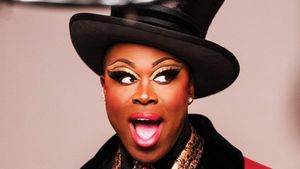











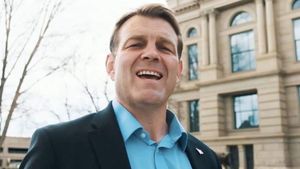





















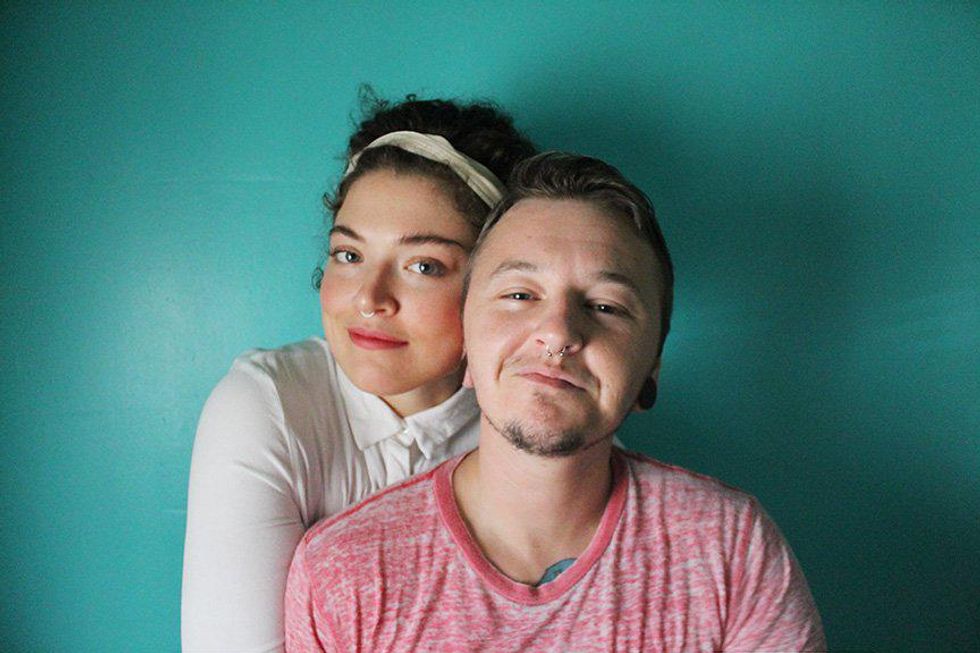



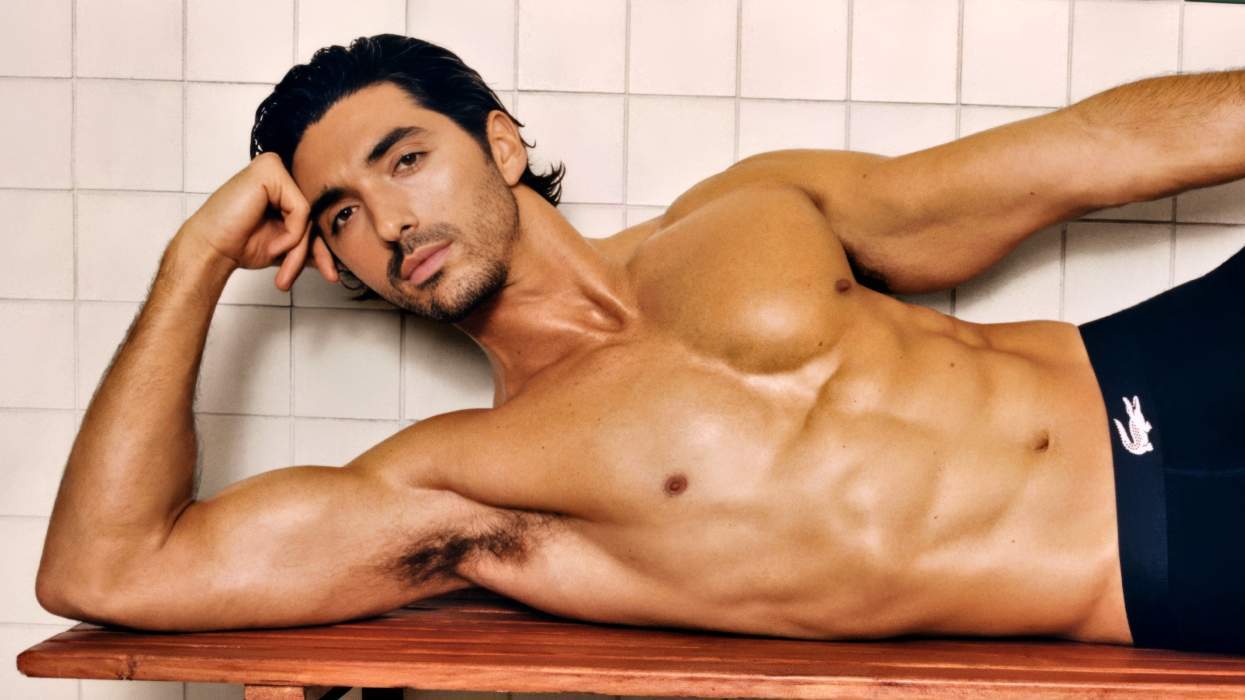







 From left: Jena Malone, Jodie Foster, Jay-Z, and Kendall and Kylie Jenner.Featureflash photo Agency/Shutterstock; Tinseltown/Shutterstock; Tinseltown/Shutterstock; Taylor Hill/FilmMagic
From left: Jena Malone, Jodie Foster, Jay-Z, and Kendall and Kylie Jenner.Featureflash photo Agency/Shutterstock; Tinseltown/Shutterstock; Tinseltown/Shutterstock; Taylor Hill/FilmMagic










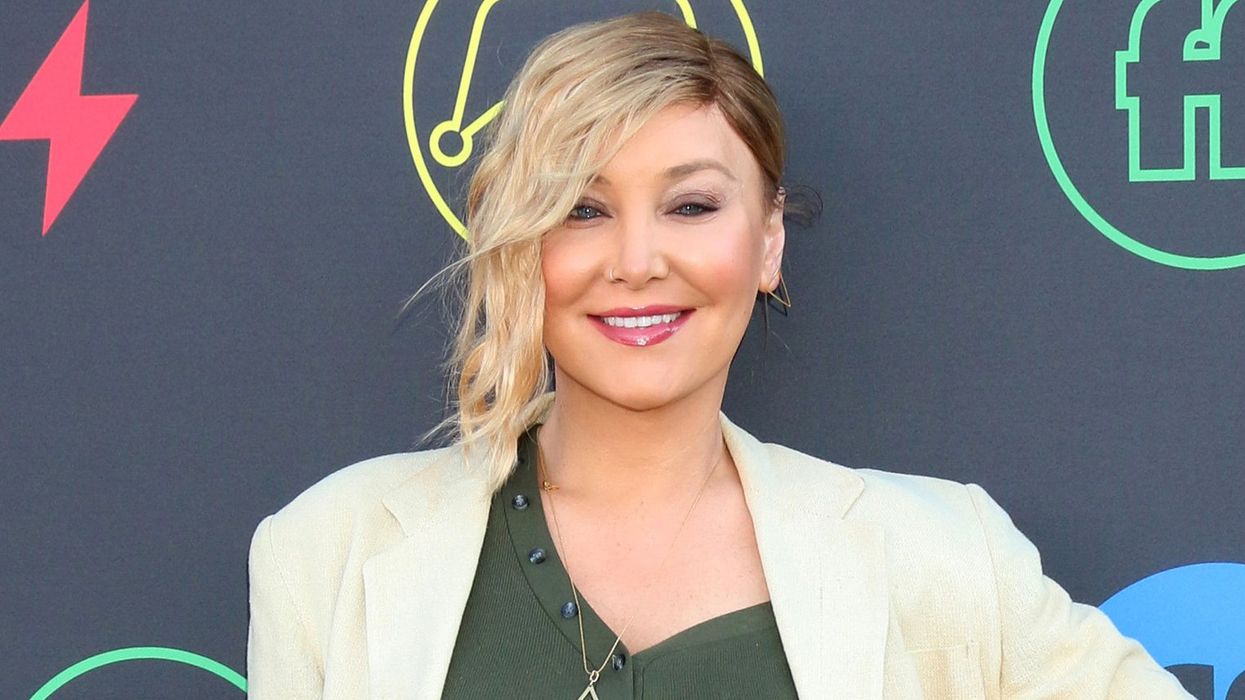
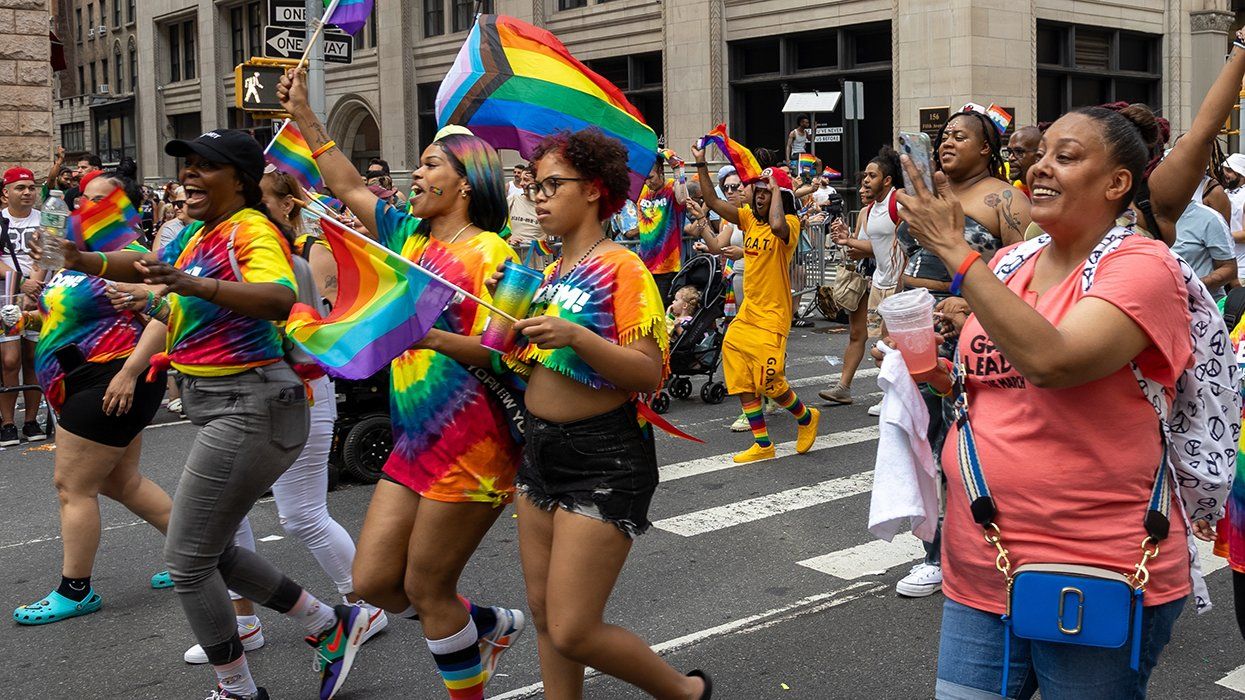
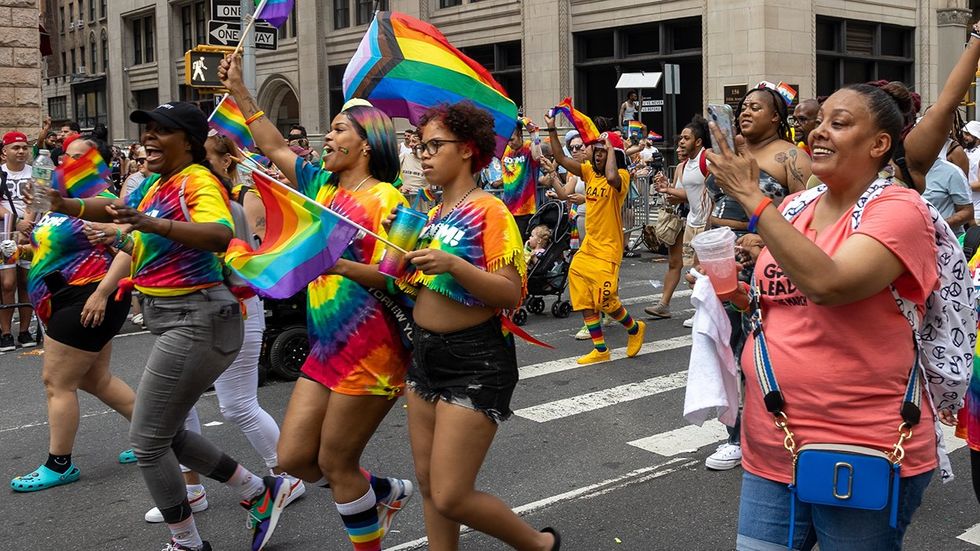 Kirkam/Shutterstock
Kirkam/Shutterstock